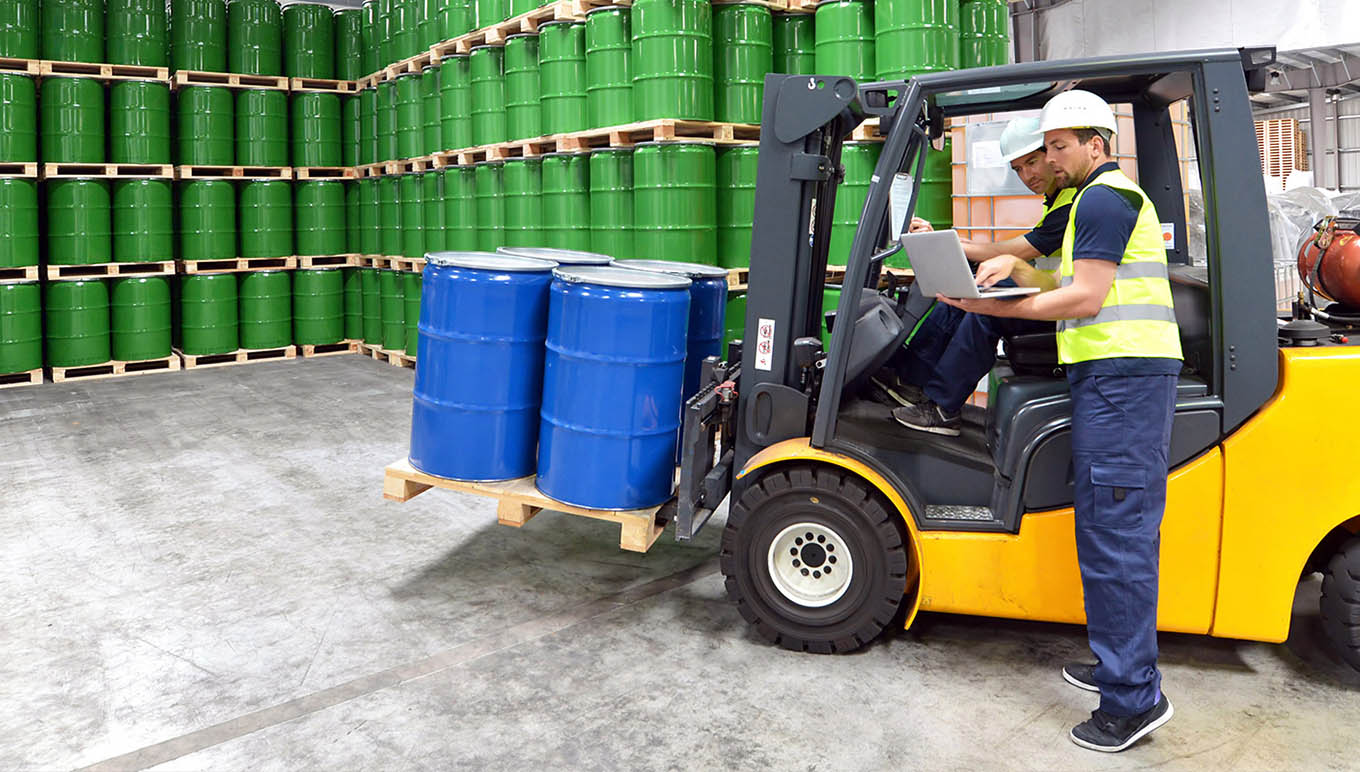Chemical manufacturers will require software that handles precise measurements, maintain customer specifications, manage multiple units, keep complex industry standards, and more. With many generic ERP systems available in the market, it is overwhelming to figure out the best option for your chemical synthesis needs.
A generic ERP working for all industries may lack specific functionality supporting your specific chemical manufacturing operations. Therefore, requiring a substantial amount of workarounds, customization, and external spreadsheets fitting your needs.
You must have an ERP system that manages your processes and can handle aspects of production. If you are a chemical manufacturer, you must have scheduled output accurately when measuring yield and actual output.
The good thing, solutions designers for the chemical industry, are available. Your company can use an ERP system to improve integration and visibility between functions and enterprises.
How To Manage Multiple Units of Measure, Multiple Package Units, and Potency
A reliable ERP system should handle multiple units of measure – including the weight and volume. That makes it efficient in chemical synthesis for storing and selling. In most cases, there is a static conversion factor behind the volume and weight that’s inaccurate. That will likely occur with possible variations in batches and lots.
Suppose you sell or value a liquid chemical depending on dry weight percentage; the percentage will vary with lots. You may measure by weight with load cells and scales but sell by volume. It is, therefore, essential to have an accurate conversation for your success.
Suppose you need to accurately manage and track different lots in a company. In that case, you will need a formula-based conversion rather than a static conversion factor. If you consider chemical producing companies, they produce intermediate bulk products. The product is packed in containers of varying sizes, such as gallons, quarts, drums, totes, and pails. They may differ in many packages types when you include country-specific packaging and private label options.
A generic ERP system will require different part numbers to manage, create and inventory tracking. For example, when a company makes 100 different bulk intermediates which are packed in 50 packages types, that means the company has 5,000 products masters of creating and managing.
Managing Product Costs
Tracking actual costs and comparing estimated or standard costs will have an immediate value impact on your business. Visibility into an inventory valuation can help forecast profitability depending on production costs, impacting the bottom line.
Proper management of production costs with ERP enables you to monitor against standards, account for non-production costs, and eliminate input errors.
Meeting Customer Specifications
A generic ERP system is designed to support traditional discrete manufacturing. In the chemical world, product specifications are accepted and have to range between minimum and maximum value. These specifications are either set by the company or industrial based for specific products.
Conclusion
If your business deals with chemicals, then proper stock management is vital. Reliable companies are providing you with the right chemical custom synthesis across the world. It is upon you to consider one providing you with the right chemical products for proper management.
